Intel Arc: How will Intel stack up against NVIDIA and AMD?
Intel faces serious competition.
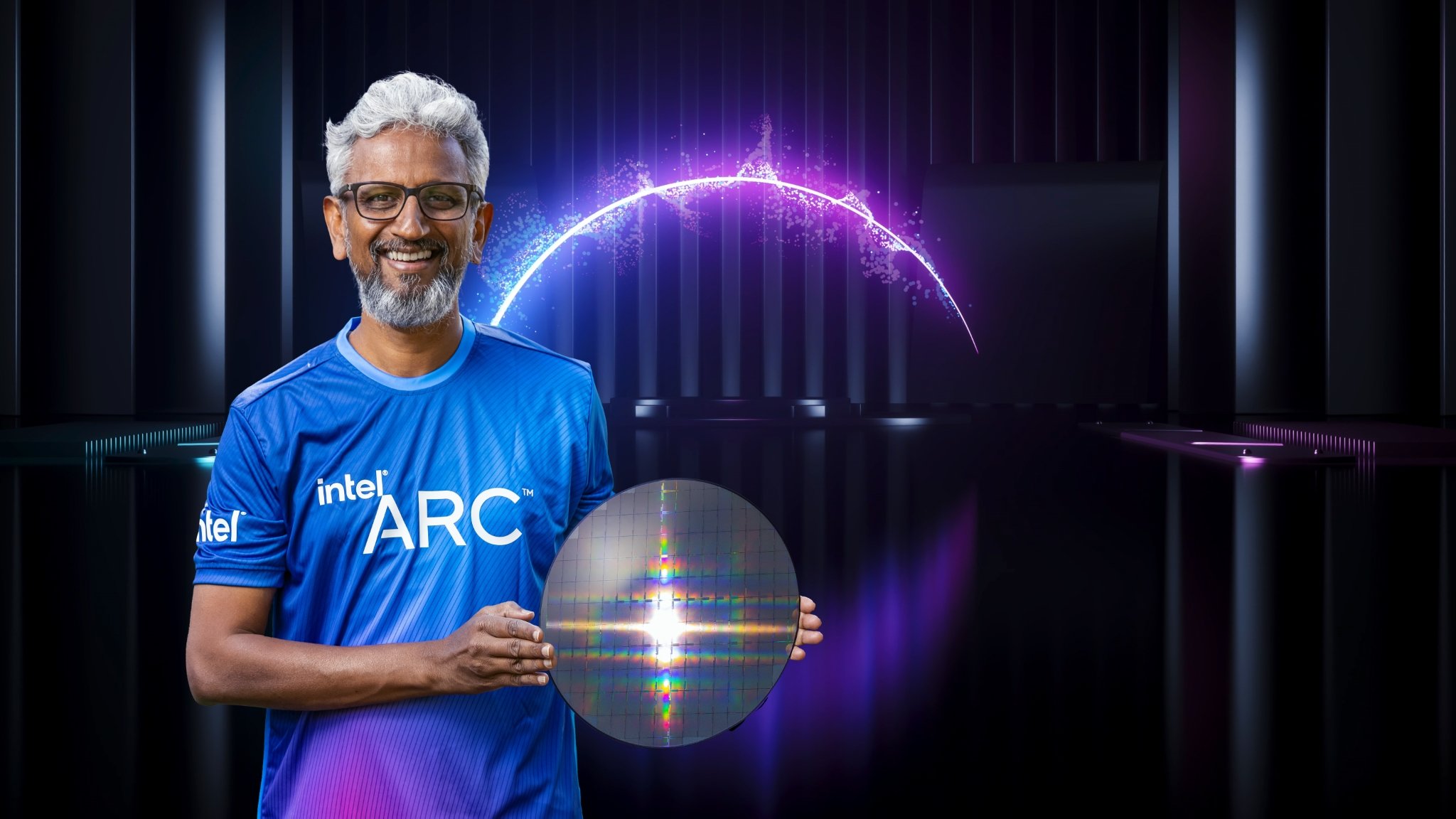
All the latest news, reviews, and guides for Windows and Xbox diehards.
You are now subscribed
Your newsletter sign-up was successful
Intel recently unveiled the upcoming GPU line that will be released under its Arc brand, which is primed to compete with the best graphics cards from AMD and NVIDIA. The company also announced XeSS, which is aimed to rival DLSS as the ideal AI upscaling solution for gamers. But will these creations be enough to put Intel alongside NVIDIA and AMD in the average tech enthusiast's graphics discussions?
To find out, Windows Central reached out to experts. These were their thoughts on the three-way race between Intel, NVIDIA, and AMD and where team blue fits into the mix.
Intel Arc: Sharing a crowded stage
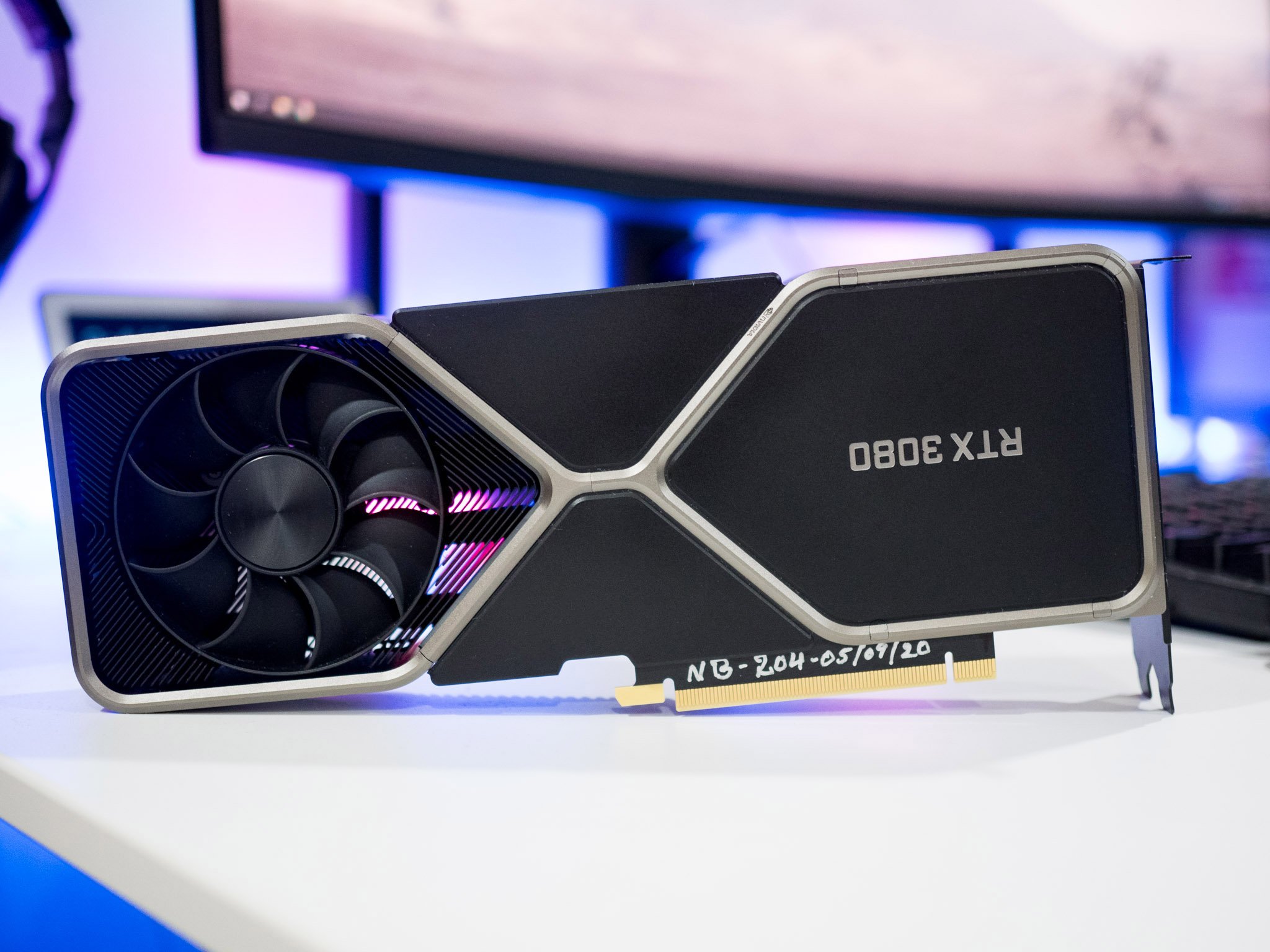
Even though Intel is later to the party than NVIDIA and AMD in terms of the market Arc and XeSS are trying to corner, timing isn't everything. A large part of the corporate competition boils down to how well integrated Intel's latest products can be in their respective consumer ecosystems.
"To win share in the gaming market Intel will need to work with all the major game providers to have them support its GPU features — something it already does for its integrated GPUs," said Gartner VP Analyst Alan Priestley. "Intel will also need to deliver as good, if not better, performance on the leading games when compared to the current NVIDIA/AMD GPUs. Based on publicly available information it's hard to assess how successful Intel will be, but given Raja Koduri's background it's reasonable to assume that Intel will deliver a performance-competitive GPU."
For those not in the know, Raja Koduri has history at AMD and spearheaded its Radeon endeavors. As such, he has a track record of producing competitive GPUs and shaping big-picture graphics card plans, hence why Priestley wagered Koduri's presence bodes well for Intel's overall shot at securing a place in this particular market.
Intel Arc: Advantages, disadvantages
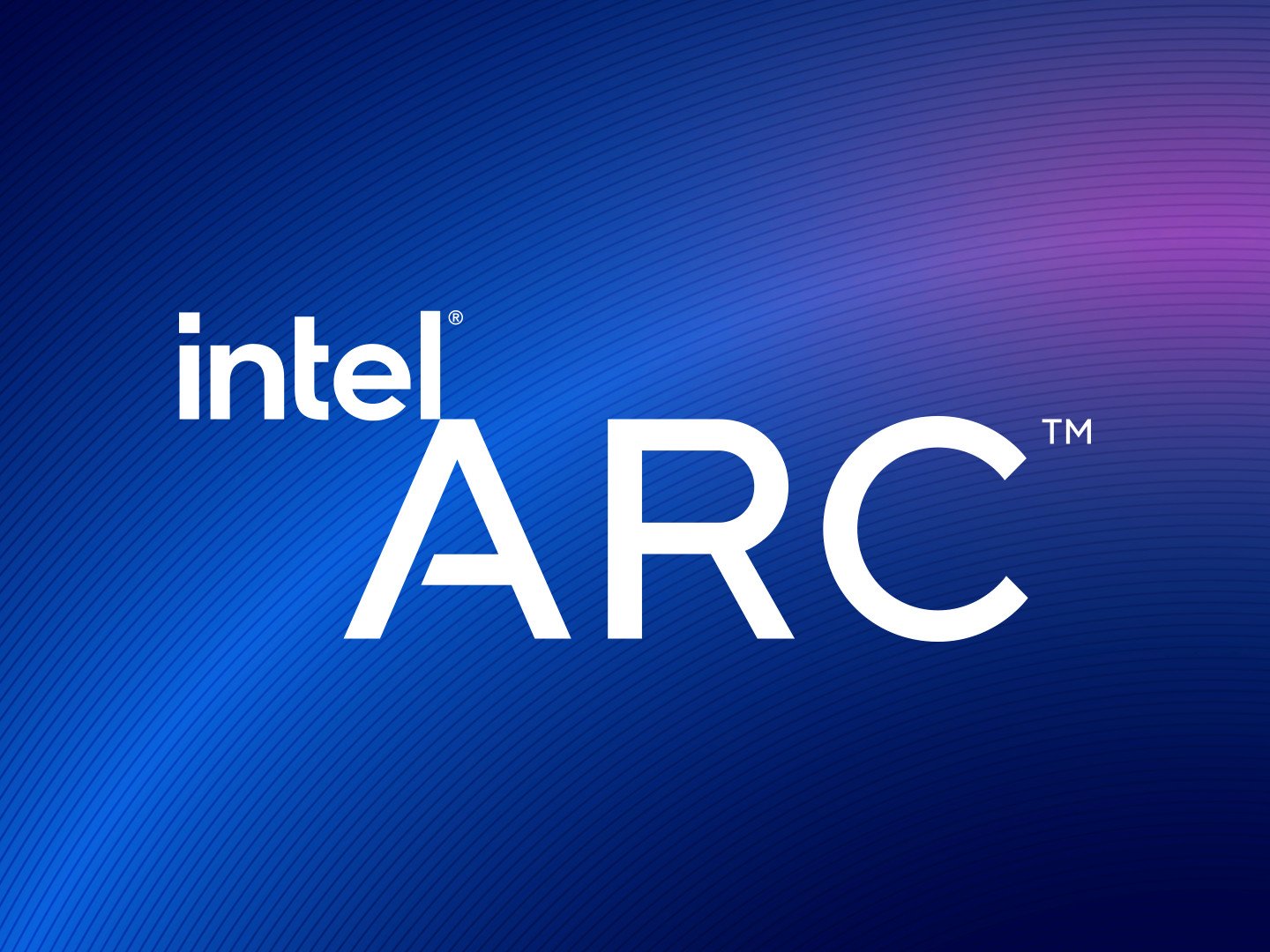
However, Priestley also pointed out that NVIDIA and AMD are what developers are currently tuning their efforts for, meaning it'll take time for Intel's differentiation tactics to earn business. "So initially Intel is likely to provide an alternative to the incumbents (product availability may be an advantage if NVIDIA/AMD remain supply-constrained), and it will take time for it to build momentum behind its feature set versus NVIDIA," Priestley summarized.
His mention of supply is interesting, given that NVIDIA and AMD have both commented on shortages affecting their output. If Intel can fill the gap for consumers, that might help the company achieve a head start in its foundational efforts.
All the latest news, reviews, and guides for Windows and Xbox diehards.
"There are also other markets, beyond gaming, that require high-performance discrete GPUs that Intel can target — professional visualization, rendering farms, industrial and embedded markets," Priestley said.
Intel Arc: The XeSS factor
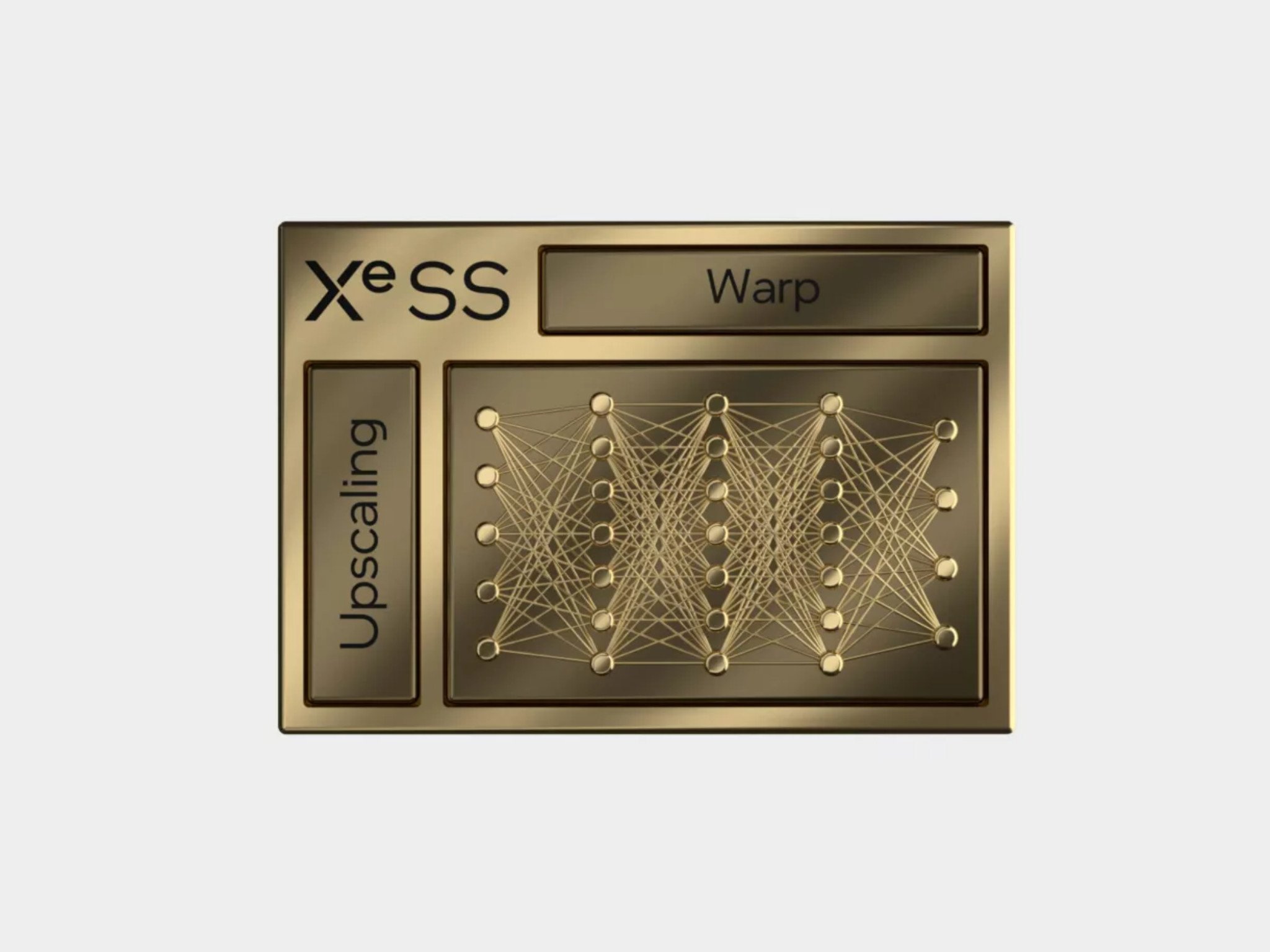
When asked what would help set Intel apart from the pack, Forrester VP, Research Director Glenn O'Donnell reframed the topic, suggesting there's another layer to it.
"NVIDIA is clearly the dominant platform for GPUs," O'Donnell said. "What's particularly challenging is not so much the graphics applications, but the AI applications for tasks like machine learning. THIS is the growth area for GPUs. NVIDIA has the upper hand now, but because so much more potential exists for these kinds of applications, just about anyone has a shot, including Intel."
He also highlighted another area on which Intel should focus if it wants to be competitive. "Intel needs to demonstrate how its complete family of silicon can fit more seamlessly — easy development of applications will be successful. Also, as we see the so-called xPU (hybrid processors) gain momentum, Intel actually has a good story here. This is precisely why NVIDIA wants Arm."
In other words, there are a lot of avenues for Intel to take besides the well-trodden roads of the competition. For example: XeSS. It could give Intel an edge, given how early on that technology category is in its lifecycle. However, we don't know how Intel's solution will stack up just yet.
For now, all that's known is that XeSS is set to challenge NVIDIA's AI-driven deep learning super sampling (DLSS) tech, which currently squares off against AMD's FidelityFX Super Resolution (FSR). For a comprehensive breakdown on AMD FSR vs. NVIDIA DLSS, check out our guide on the subject.
Intel Arc: Patent predicaments
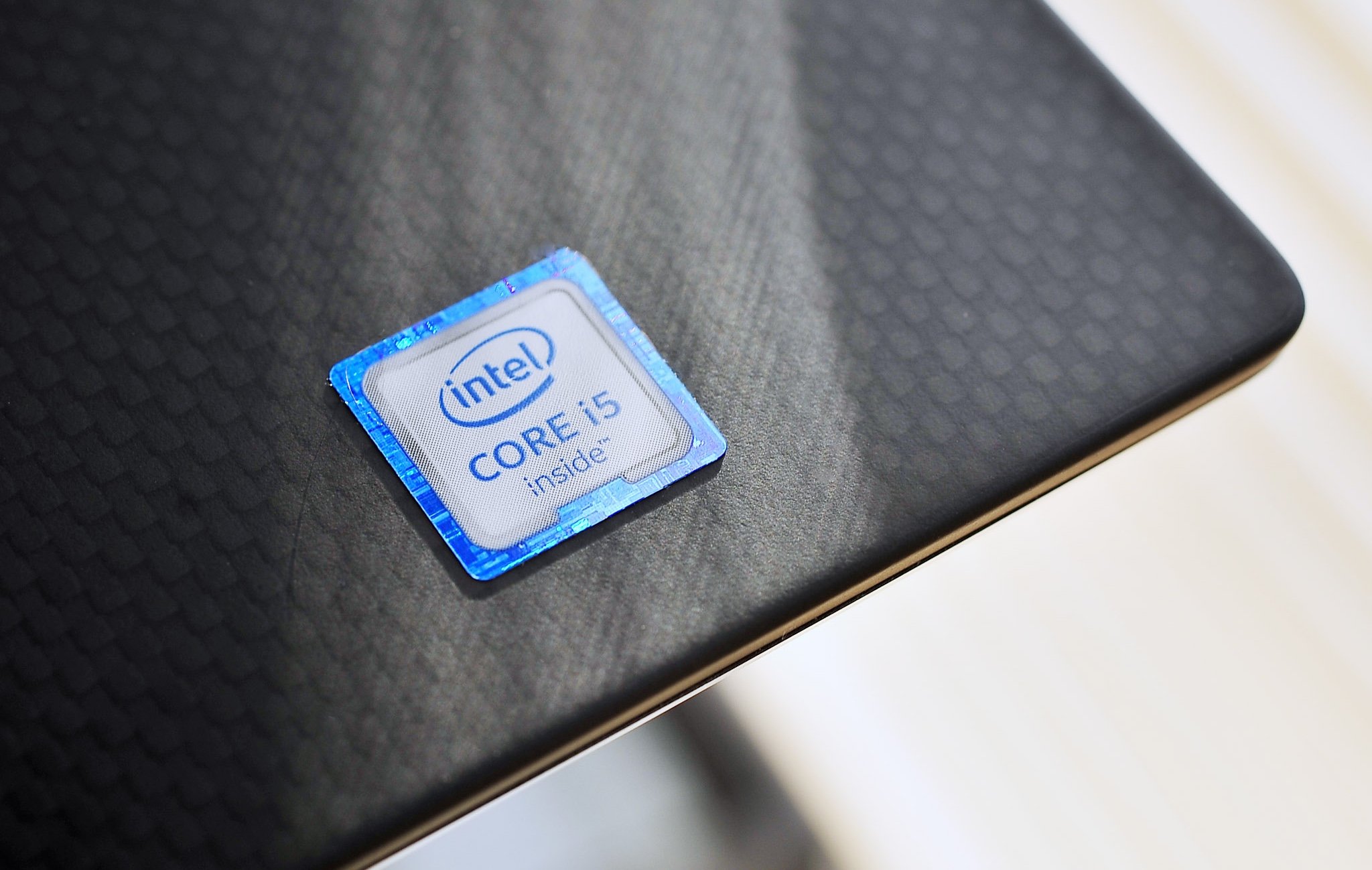
When asked about how Intel will navigate the sea of patents and established technologies held by AMD and NVIDIA, both experts had thoughts.
"Major chip companies typically have extensive patent cross-licensing agreements so as to avoid any conflicts," Priestley said, proceeding to mention that given Intel's integrated GPU history, it very likely has many patents of its own to work with.
O'Donnell took a different stance, highlighting the uncharted territory that's yet to be conquered. "Again, Intel could concede much of the graphics market," he said. "That's not where the action lies. Machine learning and custom applications of silicon are the future market. Intel should focus there and do its own patent sweep there."
Intel Arc: To be continued
It's too early to say what could happen. Perhaps Intel will make a massive splash and be part of not only the discussion regarding the best CPUs for your PC but also the best GPUs. Or, the company's efforts may fail across the board, and everyone will return to discussing the current two-party system of NVIDIA and AMD.
Will Intel focus on the machine learning and AI side of things? Or will it bank on traditional hardware efforts, possibly aiming to fill current holes in the market through supply capabilities? Whatever ends up happening, it's bound to be interesting.

Robert Carnevale was formerly a News Editor for Windows Central. He's a big fan of Kinect (it lives on in his heart), Sonic the Hedgehog, and the legendary intersection of those two titans, Sonic Free Riders. He is the author of Cold War 2395.
